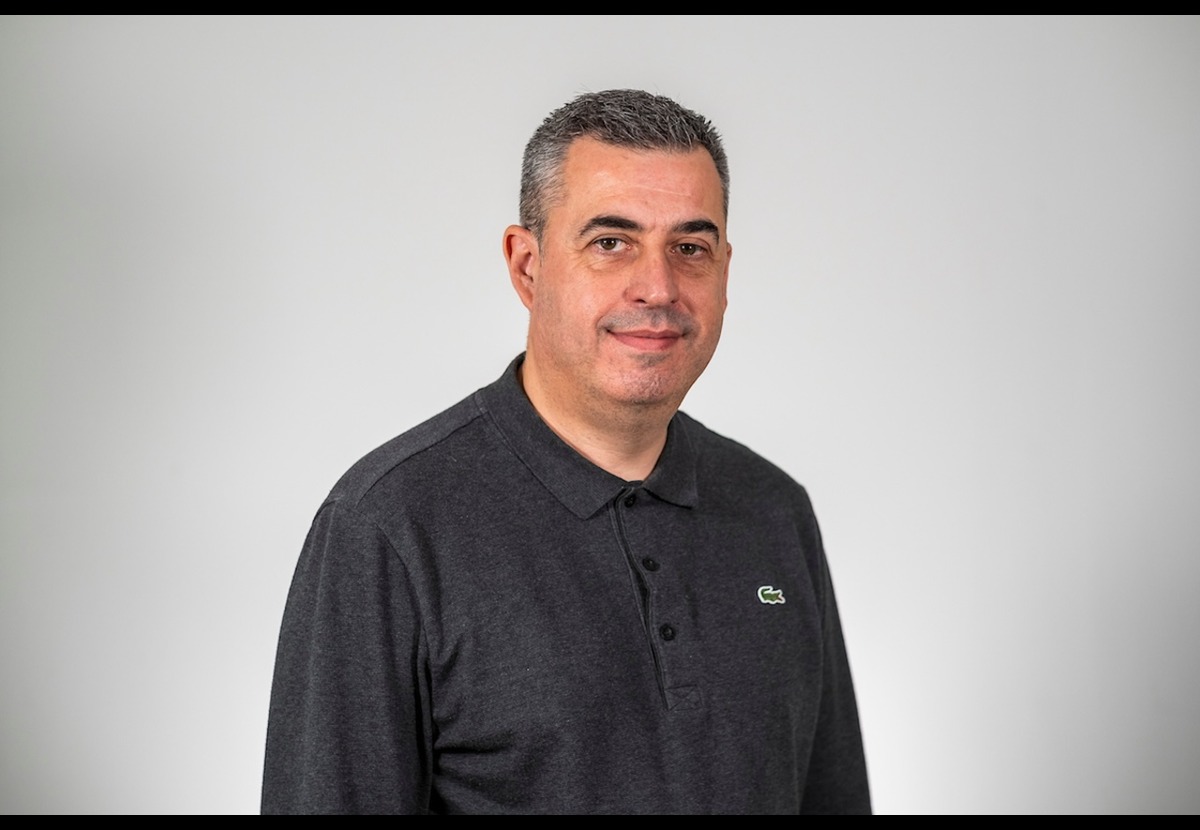With more than 30 years of experience in electronics manufacturing David Robison (DR)’s career is a great example of consistently seeking improvements for his career and client delivery
CB: Tell us a bit about your career background before joining CB Technology.
DR: I’ve worked in the electronics manufacturing industry for more than three decades beginning my career with Shin-Etsu, I spent a little over 31 years at the Japanese silicon wafer manufacturer’s facility located not too far from CB Technology here in Livingston.
Starting as a machine operator, I worked my way up to a technical role through internal advancement based primarily on performance. This opened me up to the world of data and analysis. After many years, I moved sideways within the organisation to a shift leader. This role helped me understand the intricacies of managing people and their rotas. Finally, assuming a supervisory role, this time working with a larger number of colleagues. Collaboration with other departments such as planning, engineering, and maintenance was also essential. After many years, I was given the opportunity to pursue external training at college and later university to develop my skills.
CB: What influenced you to take up a career in manufacturing, more specifically electronics?
DR: At the time I was looking for my first job, Livingston was thriving with electronics businesses such as NEC, Mitsubishi, and the likes entering our shores. There were numerous reasons why I pursued a career in manufacturing specifically in electronics, including the possibility for technological innovation, work stability, and the chance to contribute to the development of cutting-edge products from right here in Scotland.
CB: What does a Test Engineer’s job entail and is it an enjoyable career option for youngsters considering their options?
DR: A test engineer is responsible for designing and implementing tests, debugging, and defining corrective actions, reviewing system requirements, and tracking quality assurance metrics. They ensure that the software or product meets the required standards before it is released.
The demand for test engineers is increasing due to the complexity of technology systems and the need for high-quality products. This creates job opportunities for young professionals with competitive salaries. Test engineering roles also provide opportunities for continuous learning, problem-solving skills development, and a collaborative work environment. These roles help young professionals stay relevant and marketable in the job market. Overall, these factors make test engineering a promising career path for young professionals.
CB: You were juggling work and being back at school between 2020 to 2023, what prompted you to study two courses one after the other?
DR: I decided to pursue part-time learning to improve my abilities and qualifications. I thought that this would lead to greater job possibilities and progression, either inside my current employer or through a new external opportunity.
Being able to explore personal interests, gain new information, and develop new skills while working full-time helped me to follow personal interests, gain new knowledge, and develop new abilities that can contribute to personal growth.
Upskilling and reskilling are essential for personal and professional growth in the modern job market. By continuously learning and acquiring new skills, individuals can adapt to change, enhance their employability, improve job performance, and stay competitive in an ever-evolving world.
CB: You are actively involved with helping CB Technology’s young electrical engineering apprentices - tell us more about that and the importance of mentorship.
DR: My role as a manager in mentoring apprentices in the workplace is vital for their professional development. By setting clear expectations, providing guidance and support, encouraging collaboration and networking, monitoring progress, offering feedback, and promoting continuous learning - managers can create a positive learning environment that enables apprentices to reach their full potential.
CB: Could you tell us about a few tough moments in your career, and what you learnt from them to make you stronger?
One difficult period in my career was when I experienced a project setback due to unanticipated technical issues. This incident taught me the value of adaptation and problem-solving abilities. It emphasised the importance of receiving advice from colleagues and professionals, as well as remaining resilient in the face of hardship.
Another difficult moment was leading a team through an organisational transition - during times of uncertainty this taught me the value of effective communication, empathy, and leadership. It also emphasised the significance of maintaining a positive work culture and assisting team members during transitions.
CB: Your top three career highlights are…
DR: Creating a good working culture, developing others, continuous education and learning

